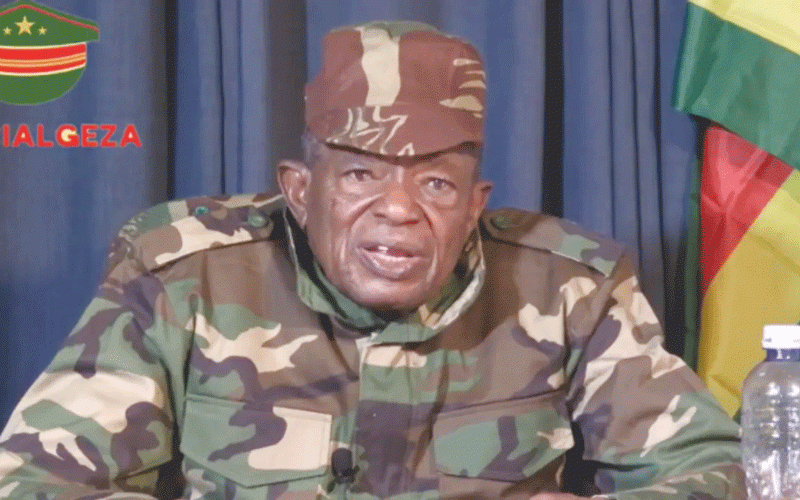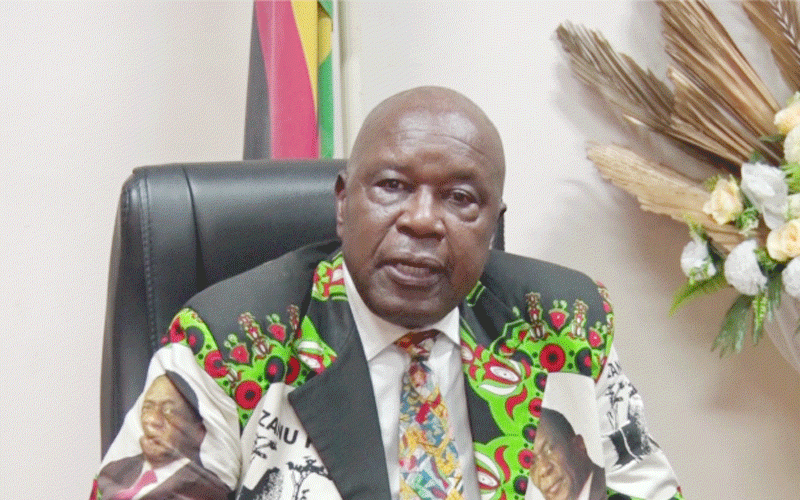The penchant for wasteful expenditure by President Emmerson Mnangagwa’s government went a notch higher last week with the delivery of 18 helicopters from Russia in a deal said to be worth $320 million.
It is said the Ansat helicopters, delivered in Harare on Thursday, will be used for emergency services, tourism and air policing.
The details of the deal with the Russian company have not been disclosed with some government officials claiming it is a private-public partnership that will see delivery of more helicopters.
According to Zimbabwe’s laws, such deals should be tabled before Parliament for approval because they entail the acquisition of external debt; but nothing of that sort happened.
The deal is also a clear violation of the Public Procurement and Disposal of Public Assets Act, which demands transparency in the procurement of public assets.
What makes the deal even more curious is that it happened a few days after the controversy over the gazetting of a law that sought to hide the procurement of equipment and sundries by the Health and Child Care ministry.
The government was last week forced to rescind General Notice 365 gazetted on May 9 after a public outcry amid claims that the law was not sanctioned by President Mnangagwa.
The notice declared that procurement of construction, medical transport, laboratory and hospital equipment and repairs in the health sector was a matter of 'national interest' and as such, would not be publicly disclosed.
According to the government, some of the helicopters will be deployed at health institutions as air ambulances.
A snap survey of hospitals around Zimbabwe will without any shadow of doubt reveal that helicopters are not what the country’s crumbling health sector need at the moment.
Zimbabwe’s public health institutions are running without basic equipment and essential drugs such as paracetamol.
Most hospitals in remote parts of Zimbabwe do not have ambulances and helicopters are certainly not what they need at the moment.
The splashing of such huge amounts of money on helicopters has exposed a government that does not have the right priorities.
It is up to institutions such as Parliament to make sure that details of the helicopter deal are made public to ensure that the US$365 million of taxpayers’ money is not abused in the same manner that some well-connected people milk government resources as was the case with command agriculture and the Reserve Bank of Zimbabwe’s farm mechanisation programme.





